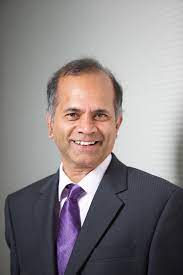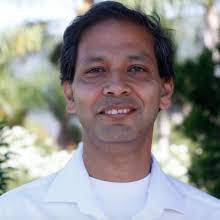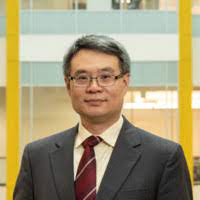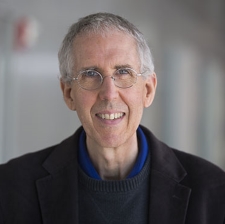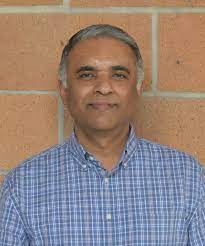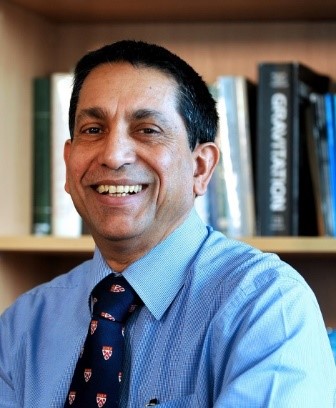
News
| Special Session | Communication and Sensing in Connected and Autonomous Vehicles’ Environment - CONSENSUM |
Short description of the proposed topic: Nowadays a vehicle is no more a collection of separated electronic control units for the actuators meant to respond to the driver actions in order to ensure a safe and comfortable ride. Users are looking forward for vehicles with high levels of automation, with advanced driver assistance systems (ADAS) transformed into connected and autonomous vehicles (CAV), and domain control units replaced by online upgradeable software defined cars, while maintaining users’ safety and data security. To this end, the car needs to sense timely and reliably the environment. Be it that by means of camera, radar, lidar or other sensing technologies, the signal processing support is crucial for each and every of them. The information sensed is fused in order to complete ADAS functions or further complex tasks like trajectory planning and obstacle avoidance. Newest approaches imply artificial intelligence specific learning-based technologies. The car’s “brain” thus requires more powerful computing resources not only to accommodate the newest processing techniques, but also to cope with the high quantity of collected information. In this context, topics of high interest include processing information received from sensors, neighbouring vehicles, and infrastructure or deferring when necessary part of processing and decision making elsewhere, e.g., in the edge or cloud. This is enabled by newest radio and communication technologies, such as precise radio localization, vehicular networking through V2X or low latency and high throughput reliable communication based on 5G technology. Given the motivations above, the special session aims at presenting relevant solutions and results on sensing and communications technologies that may turn a network of vehicles and associated infrastructure into a cooperative reliable and precise perception and decision system that would enable automated mobility. |
|
| ALL the papers for the CONSENSUM special session will be sent to the email address iciocoiu@etti.tuiasi.ro. The manuscript(s) must respect the requirements specified on the web page: http://scs.etti.tuiasi.ro/isscs2021/proceedings.html |
